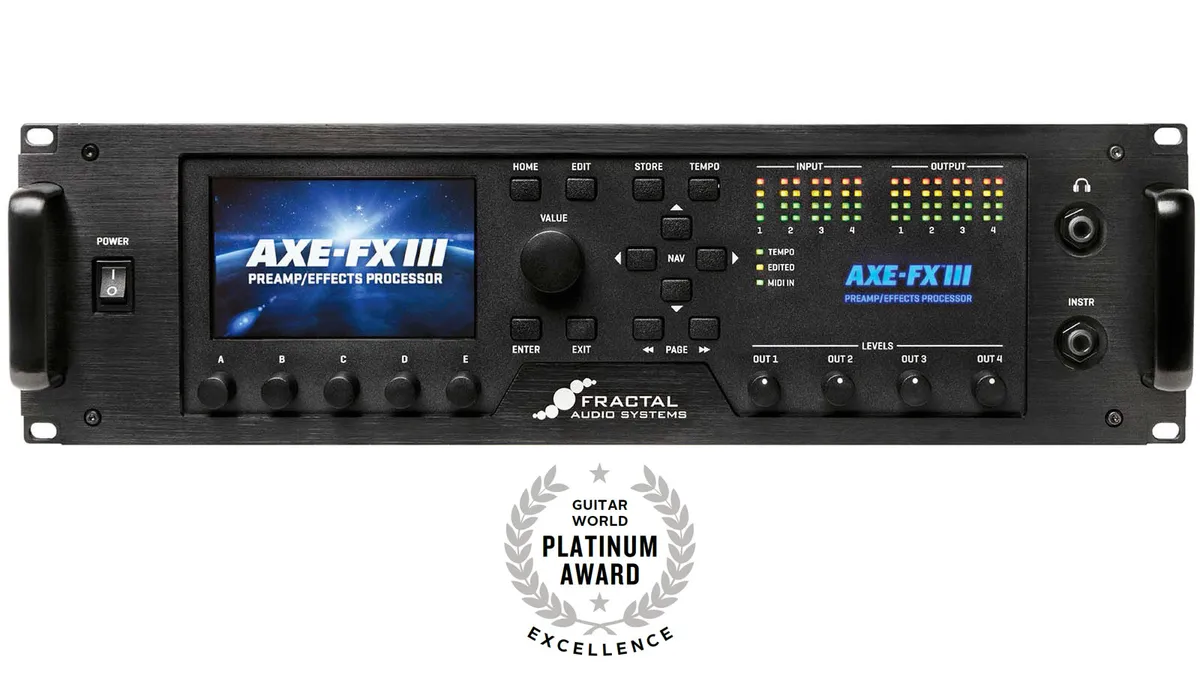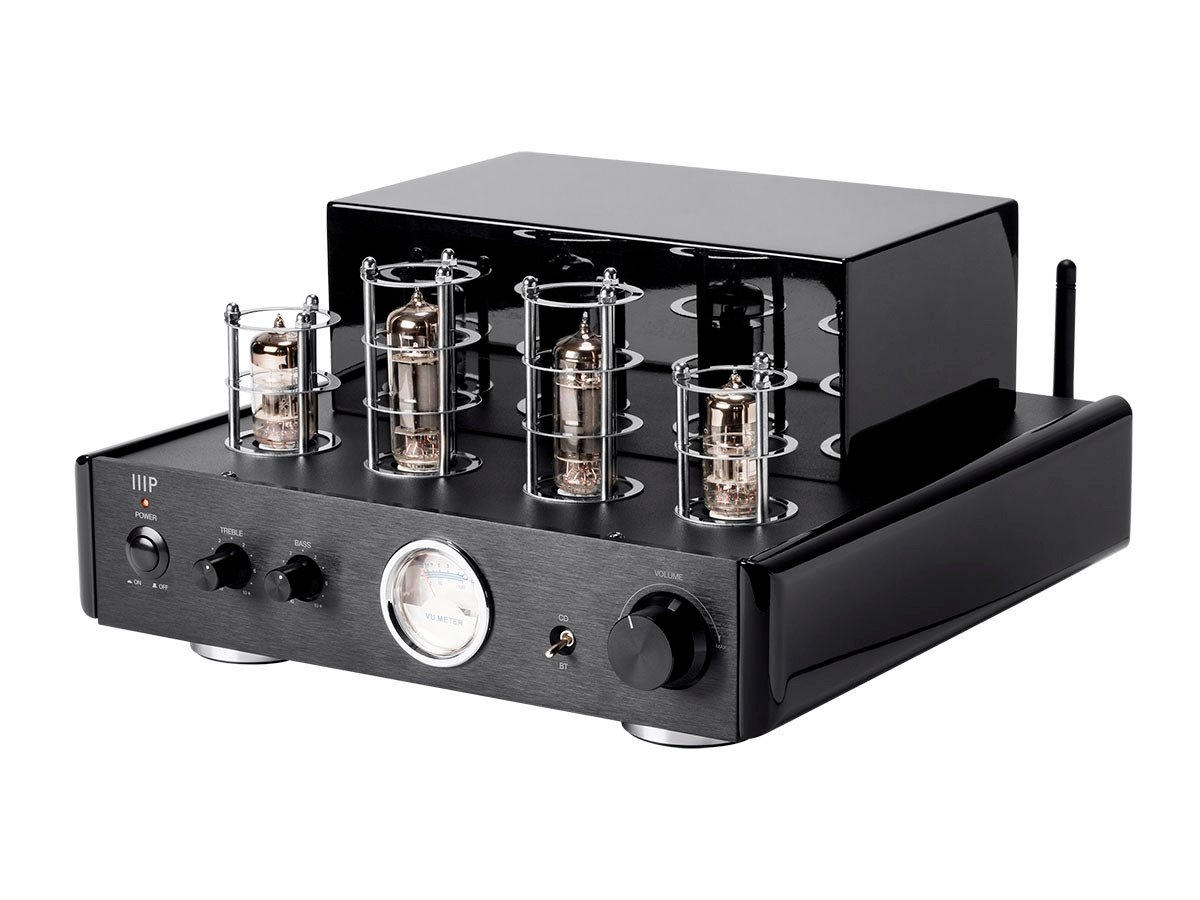In This Article
Choosing the right guitar amplifier can be daunting. With countless options available, it’s essential to understand the different types of amplifiers and their features to find one that complements your playing style. This guide will demystify the world of guitar amps and help you select the right one for your musical needs.
Get Your Amp Tones Right, Every Time 🔥
A great amp is just one piece of the puzzle. Download our free Ultimate Guide to Amp Settings to learn how to dial in classic tones for any genre.
Understanding Amp Basics
A guitar amplifier boosts the weak signal from your guitar to a level that can drive a loudspeaker. It's a crucial part of your signal chain that shapes your tone, volume, and overall sound. Key components include the preamp (which shapes the tone), the power amp (which boosts the signal), and the speaker.
Types of Guitar Amplifiers
There are four main types of amplifiers, each with a unique sound and feel.
Choosing an Amp for Your Style
- Blues/Jazz: A low-wattage tube amp with a good clean channel and smooth overdrive is often the top choice for its warmth and dynamic response.
- Rock/Metal: Players in these genres typically need high-gain amps for powerful distortion. Both high-gain tube amps and solid-state amps are popular choices.
- Country/Folk: A clean, bright tone with a touch of reverb is the classic sound. Fender tube amps are iconic in this space for their "twang."
- All-Rounder: If you play a wide variety of genres, a modeling amp is an excellent and cost-effective choice due to its built-in range of amp models and effects.
Key Features to Consider
- Wattage: This determines volume. For home practice, 1-15 watts is plenty. For playing with a drummer, you'll likely need 20-50 watts.
- Portability: Consider the size and weight if you plan to transport your amp to gigs or rehearsals.
- Connectivity: Modern amps often include headphone jacks for silent practice, USB ports for recording, and Bluetooth for streaming backing tracks.
Frequently Asked Questions
It depends entirely on where you play. For bedroom practice, 1-5 watts is more than enough, especially for a tube amp. For small gigs or practicing with a drummer, 15-30 watts is a great range. You only need 50-100 watts if you're playing large venues without a PA system. More watts doesn't mean better tone; it just means more volume (headroom).
A combo amp is an all-in-one unit with the amplifier and the speaker in the same box. It's convenient and portable. A head and cabinet setup separates the amplifier (the 'head') from the speaker enclosure (the 'cabinet'). This offers more flexibility to mix and match different heads and speakers but is less portable.
Yes, speaker size has a big impact on tone. 12-inch speakers are the industry standard for rock, blues, and country, offering a balanced sound with tight low-end. 10-inch speakers are often punchier with a brighter midrange, popular in Fender amps. Smaller 8-inch speakers are common in small practice amps and have a more focused, mid-heavy sound.
Conclusion
Selecting the right guitar amplifier is crucial to achieving the perfect sound. By understanding the different types of amps and their features, you can make an informed decision that enhances your musical expression. Whether you prefer the warmth of a tube amp or the versatility of a modeling amp, there’s an amplifier out there that will perfectly match your needs. Happy amp hunting!
This Article is written by Travis Osterloh @ Osterlohguitaracademy.com. See our website for more articles and inquiries!





FEEDBACK & COMMENTS (0)
LEAVE A RATING & COMMENT
Loading comments...